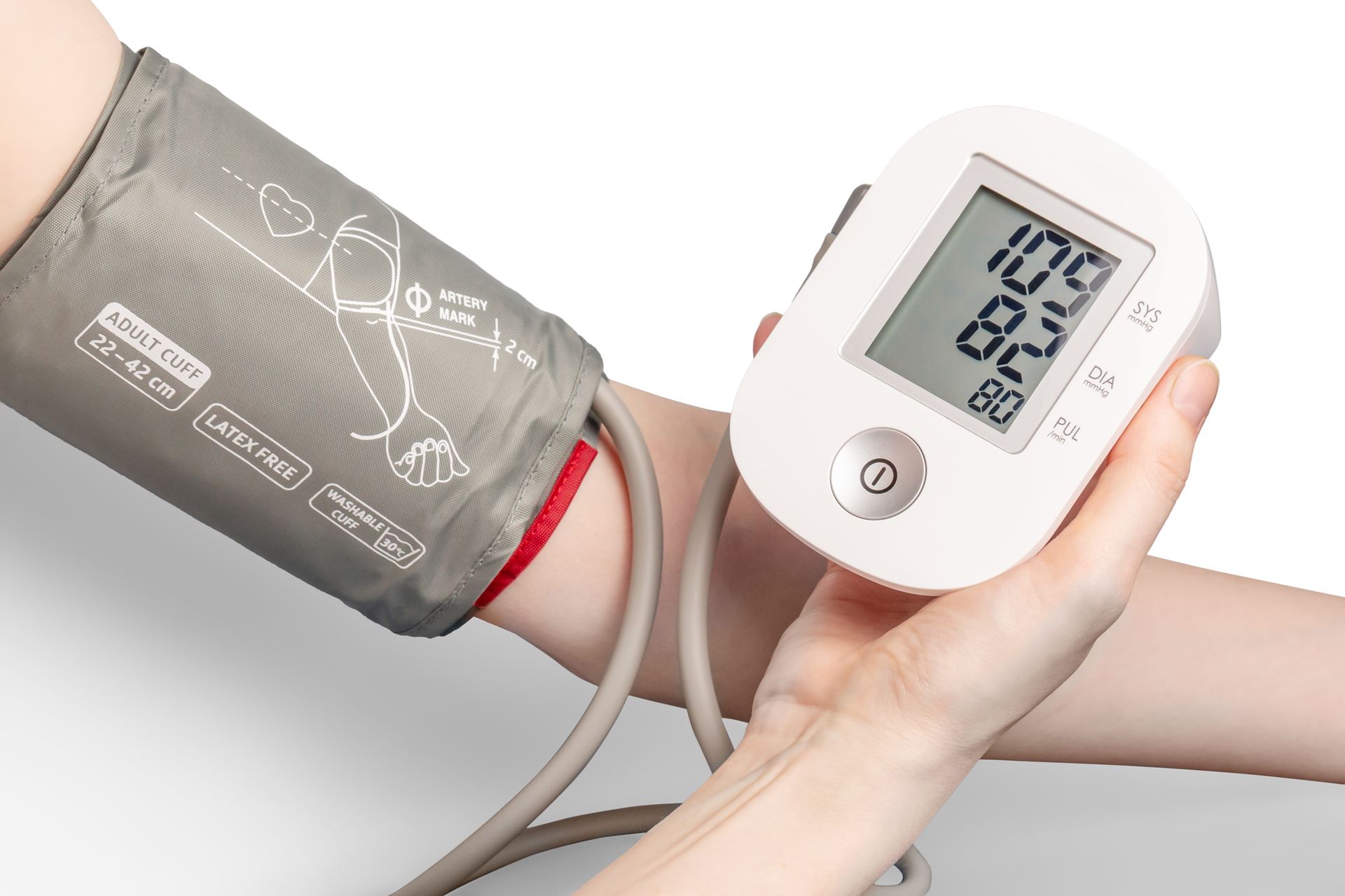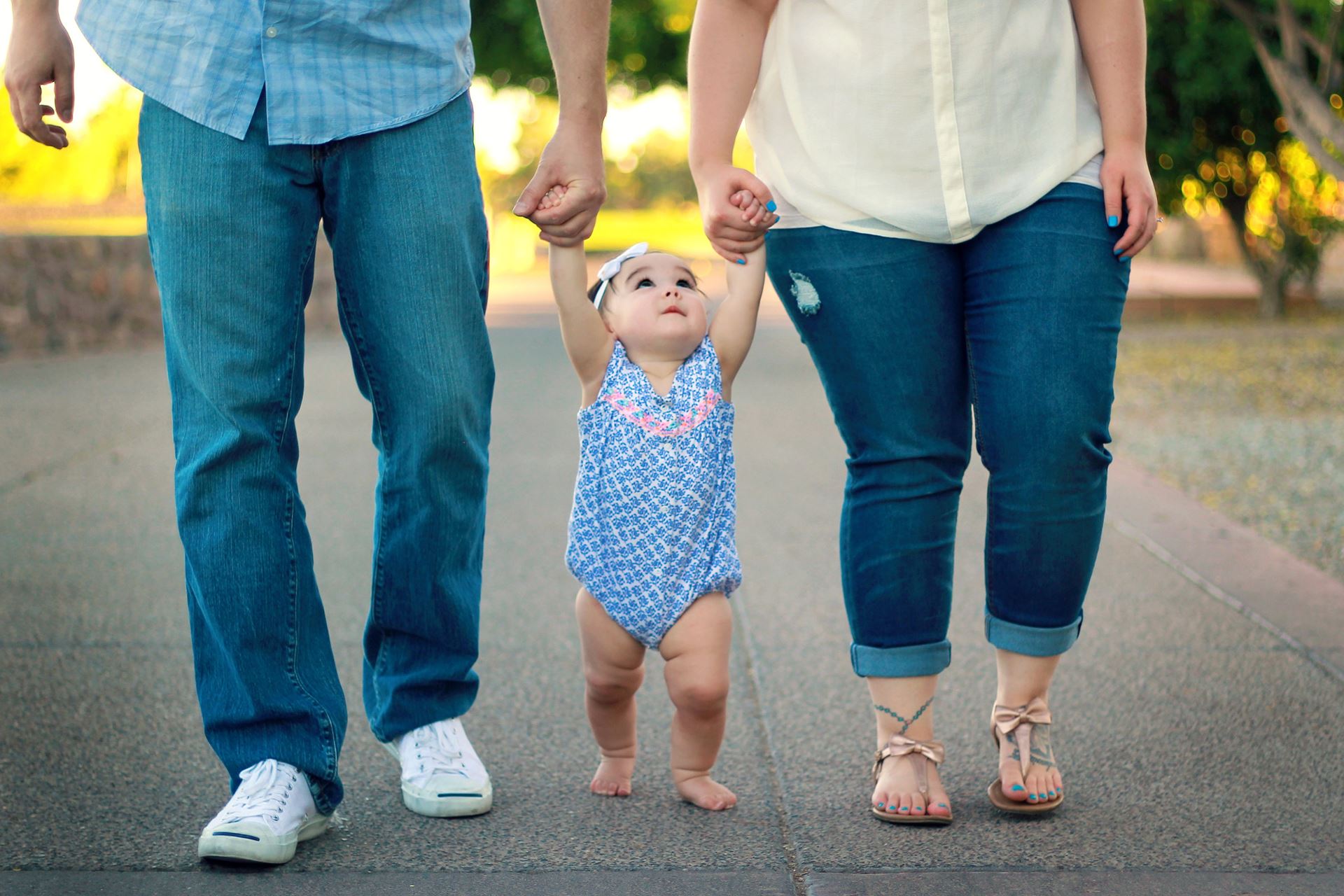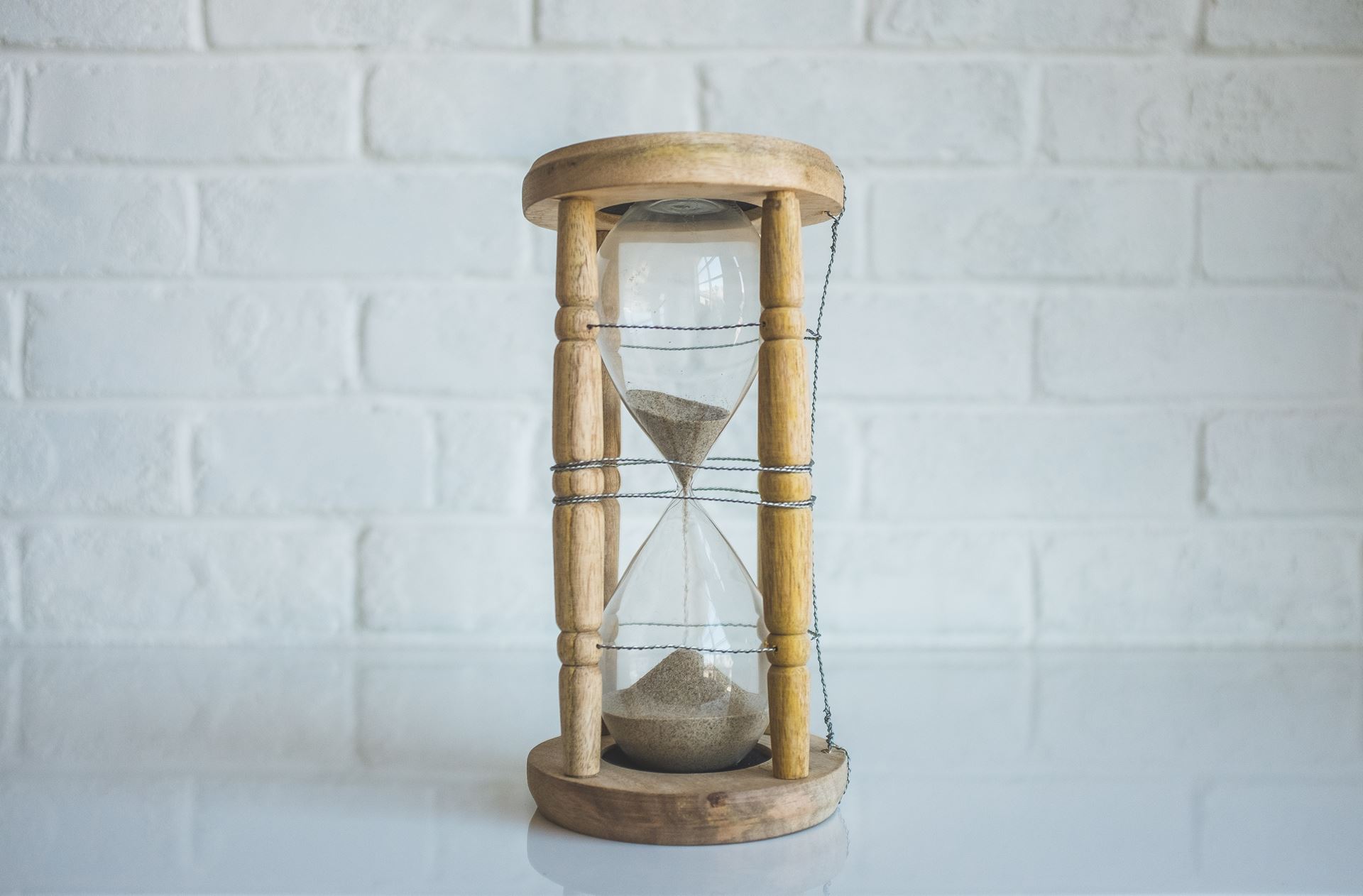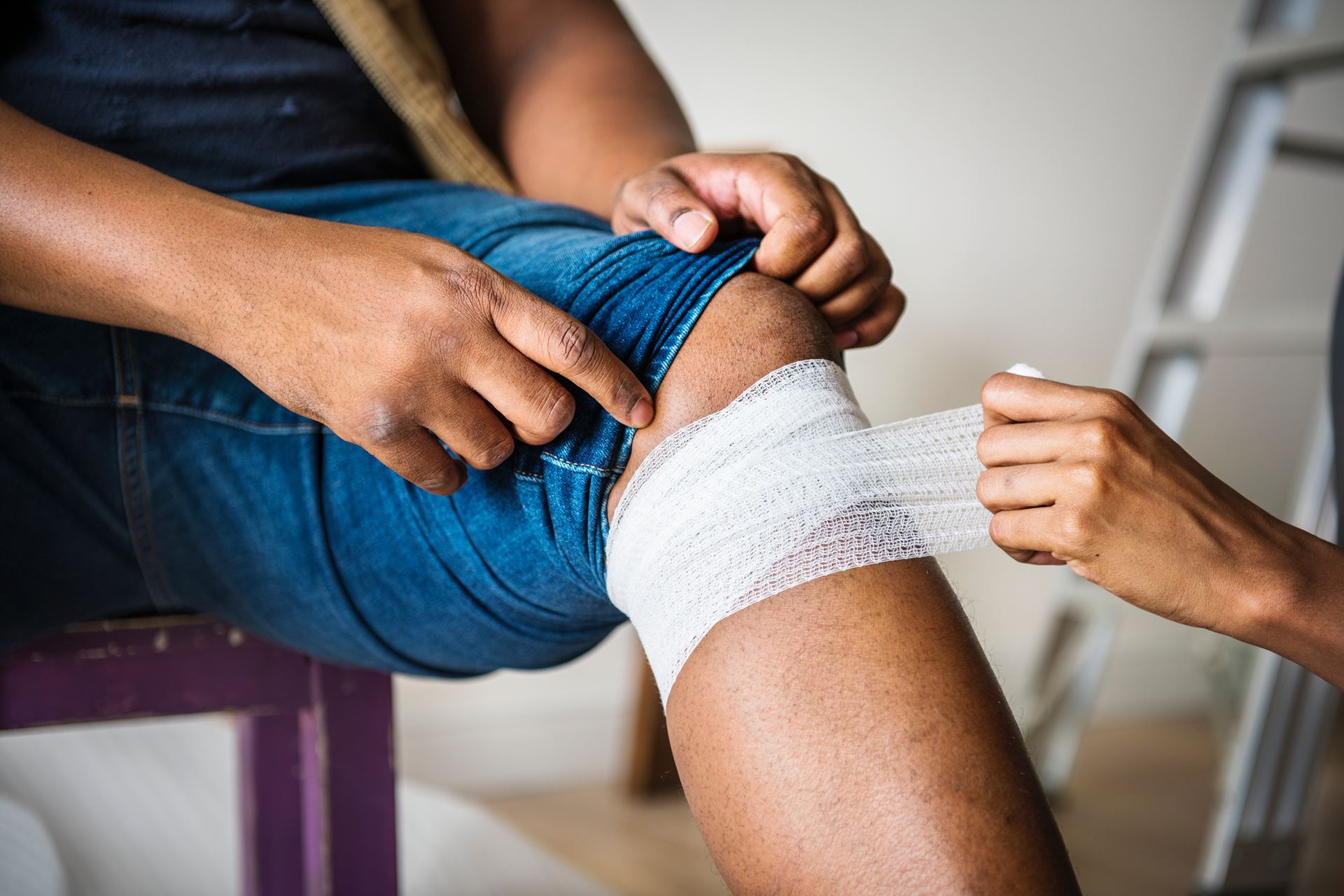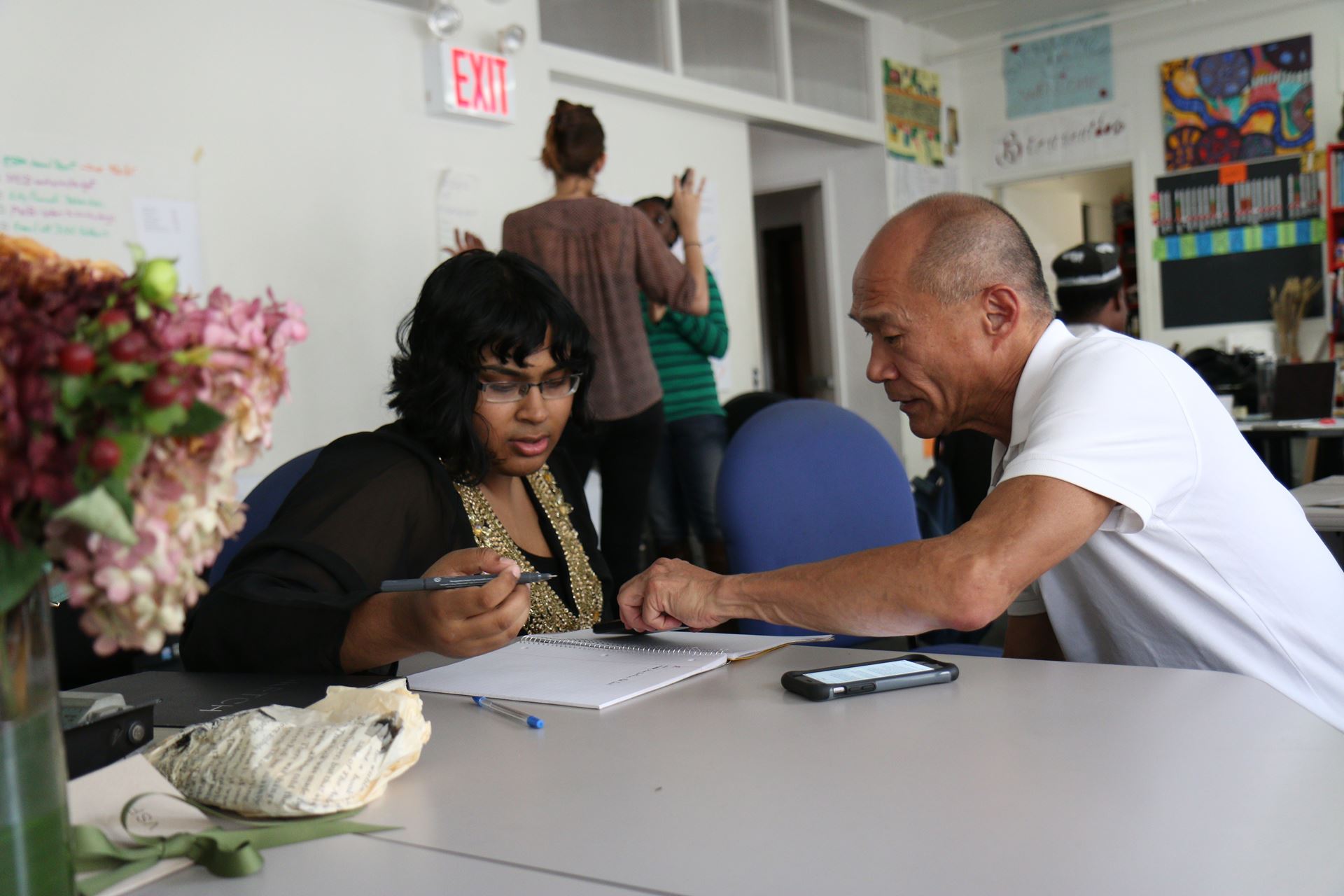This page is to give advice and guidance to patients on how to manage their long-term conditions, how to deal with minor injury and illness that doesn't require treatment from a clinician and give patients advice on several topics.
Health Information
Page last reviewed: 10 March 2025
Page created: 10 March 2025
Page created: 10 March 2025

